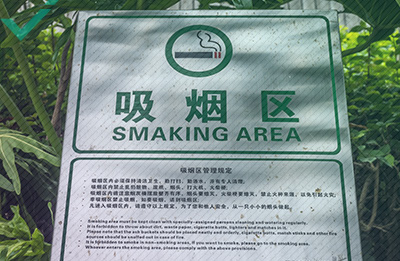Translating is an age-old process that is vital for any business hoping to break down language barriers and reach a larger audience. But, with the rise of technology and translation apps like Google Translate, working with a human translator seems pointless. After all, why should you invest your hard-earned cash in hiring a translator when you could just paste whatever phrase/word you need translated into Google and get instant results?
Well, anyone who has ever tried to use such software to translate anything more than a few basic words or phrases will know why. In this article, we’re going to look at both machine and human translation and show you why working with human translators is essential if you’re looking for consistent, reliable translations.
MACHINE TRANSLATION AND WHEN TO USE IT
Let’s be clear; we don’t want to completely throw machine translation under the bus. In fact, we understand that it can produce fine translations in the right situations.
Translation engines like Google Translate or Bing rely on Statistical Machine Translation. This translation paradigm basically works by gathering data over a period of time and using that data to continuously improve translations in the future.
This technology works fine in certain circumstances. For example, if you need to know how to say hello in Swahili, Google Translate is probably the best place to go for answers. After all, it is an extremely simple software, completely free, and can offer instantaneous translations in over 100 languages.

But what if your translation needs are a little more complex than that? Well, you’ll probably find that Google Translate or a similar service will be of little use to you.
This is because machine translators struggle to account for the grammar, idioms, conventions and context of a piece of text. Instead, they spit out mechanical and direct translations of words and phrases, which are often useless in an official setting.
So, when would can you safely rely on machine translation? We recommend using it for unofficial purposes, like when you’re trying to get the gist of a piece of text in another language, or for translating messages for quick, informal communications.
However, if you need an official translation that preserves the context and meaning of what you’re trying to say, your best bet is to work with a human translator.
HUMAN TRANSLATION
Human translation involves working with a professionally trained translator. Most of the time you’ll be working with native speakers who have an in-depth understanding of their language, and the quirks that go with it.
Whenever you’re officially translating something, your goal is to preserve the context and meaning of the original document. To ensure you do that, we always recommend working with trained human translators.
Whether you’re trying to create bilingual web copy for your website, launch a new marketing campaign in a different language, or translate official contracts or documents, working with a human translator will guarantee the best results.
For example, you can’t expect to correctly convey the personality of your company and brand by simply breaking down your slogan and translating it word for word. Nor can you expect to correctly grasp the content and context of a document by simply running it through Google Translate.
Translating isn’t a mathematical equation or scientific calculation. It is a complex process which involves a deep understanding of the languages and subjects in question. Many see language as an art, and translation requires creativity.

By working with a human translator, you can rely on the experience and skill of the translator to interpret what is being said beyond the individual meaning of each word and find the right way to communicate that message in another language.
Working with a translator will also help you ensure your messages are consistent across all different mediums, which is especially important for marketing and promotional copy.
So while a quick machine translation may save you cash in the short-term, if you are serious about reaching a wider audience, you need to think about working with a human translator.

